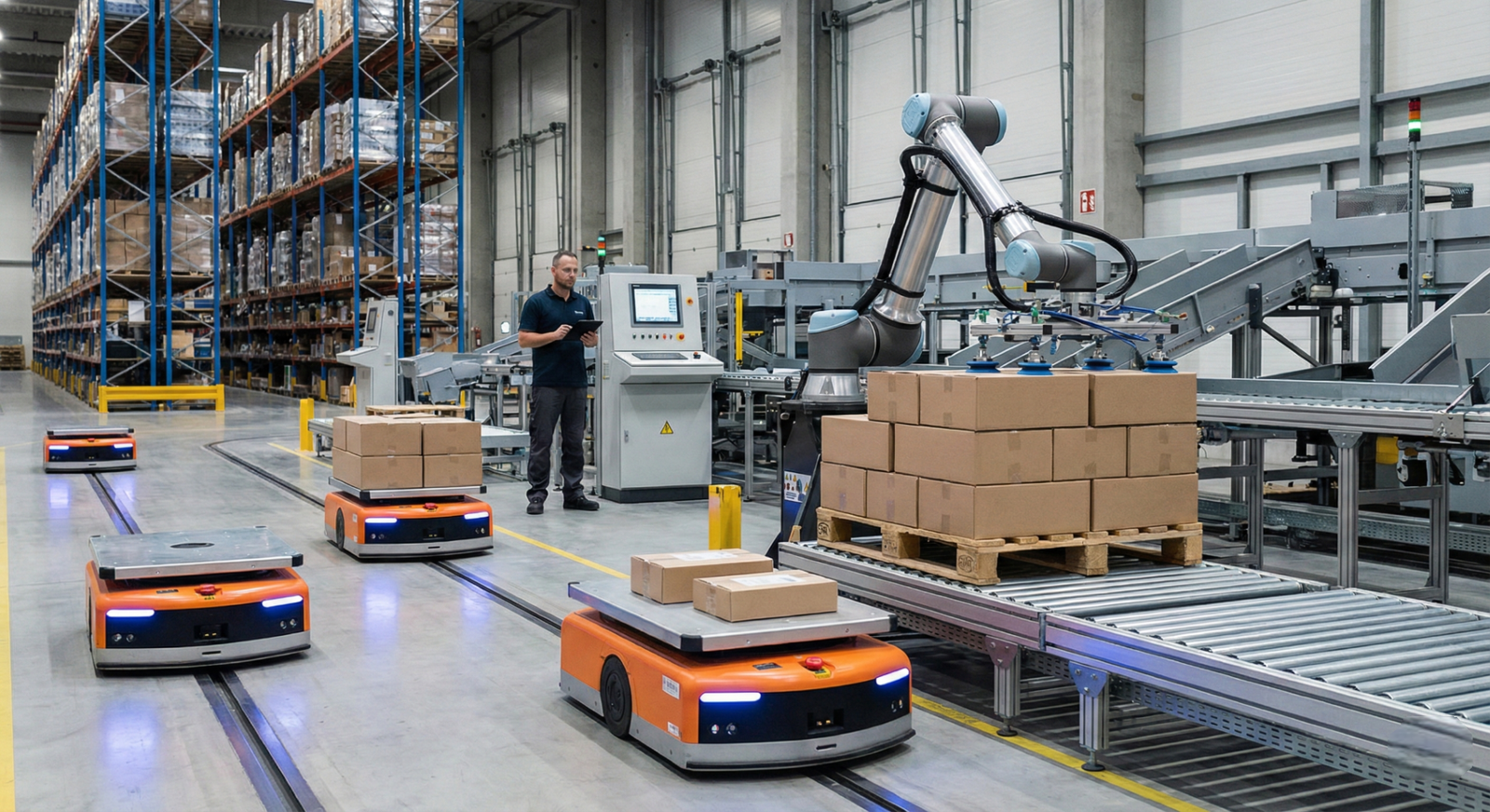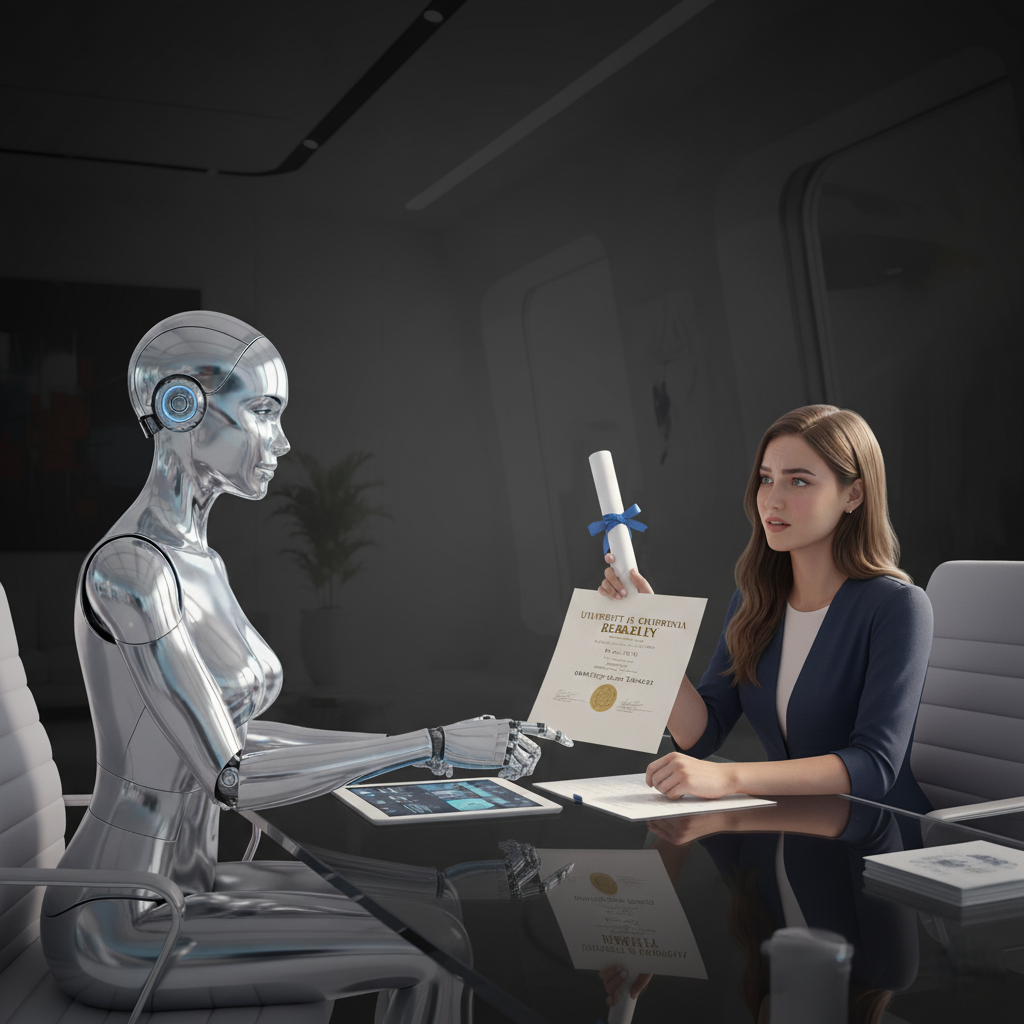The realm of artificial intelligence (AI) has long been a hot topic, with discussions often focusing on the AI impact and whether artificial intelligence will replace jobs. While concerns about the jobs that AI will replace are widespread, there is also a strong case for AI creating jobs and ushering in new employment prospects. This article explores the dual role of AI as both a potential job disruptor and a powerful job creator in the modern workforce.
AI’s Role in Job Creation
Defying common misconceptions, artificial intelligence has the capacity to generate jobs and bolster human employment, not merely streamline tasks through automation. This is especially evident in companies crafting long-term strategies centered on generative AI. A staggering surge of over 1,000% in AI-related job listings was witnessed on the global work platform Upwork during the second quarter of 2023, as reported by an Upwork study, demonstrating the industry’s robust momentum and its ability to create jobs.
Despite the rapid evolution of AI technology, the human touch remains indispensable, ensuring that the future of work will be a blend of human expertise and artificial intelligence adoption. Margaret Lilani, Upwork’s Vice President of Talent Solutions, emphasizes that the integration of generative AI in the workplace is irreversible.
The AI Job Boom
The increase in AI-related employment is significantly influencing the job market in a positive direction, with AI implementation playing a pivotal role. Emerging jobs in the AI sector, contributing to the expansion of machine learning and chatbots, include roles such as deep learning engineers, AI chatbot developers, prompt engineers, data annotators, Stable Diffusion and Dall-E artists, OpenAI Codex specialists, and more, all of which help create jobs.
Additionally, more specialized roles like AI ethicists are coming to the forefront, tasked with upholding a responsible AI framework and creating job opportunities. The surge in generative AI technology is not only diversifying the job market with new roles but also driving an uptick in hiring to support the increased demand for innovative and creative work that AI accelerates.
The Need to Upskill Existing Employees
While the allure of AI’s task management capabilities is undeniable, it doesn’t eliminate the necessity for human engagement and the development of soft skills. AI taking over jobs without human oversight can lead to imprudent and ephemeral outcomes. Consequently, experts insist on the importance of upskilling current employees to ensure successful digital transformation and seamless AI integration within organizations.
Ger Doyle, Senior Vice President of IT professional resourcing firm Experis, underscores the significance of the ‘pyramid of talent’ within organizational structures. This concept advocates for the education of college-aged individuals before they join the workforce and suggests a ‘now’ solution, which is an iteration designed to close the knowledge gap, a tactic that hiring managers ought to contemplate.
Doyle underscores the importance of iteration in the critical thinking and productivity benefits that come with upskilling mid-level employees. These individuals already have a wealth of business skills and a deep understanding of the company’s inner workings, making them prime candidates for enhancing workforce capabilities through strategic upskilling.
The Importance of the Right Oversight
The profound impact of AI on our technological culture necessitates an iteration of innovation, collaboration, and productivity in its application. For nuanced AI operability, thoughtful individuals are essential at the helm. Organizations are increasingly prioritizing agility and the need to adapt through upskilling and recruiting talent that can harness AI’s potential.
Embracing iteration and informed by market research, Doyle advises that perfection isn’t the goal; it’s about progressing thoughtfully. Organizations that quickly develop and implement a strategy, even an imperfect one, are poised to outpace competitors. With AI’s rapid evolution, the emergence of new AI-related jobs is a clear sign that many organizations are already advancing.
Final Thoughts
Artificial Intelligence is poised to be a catalyst for job growth and innovation, not merely a tool for AI job replacement. By nurturing AI’s potential to create jobs, upskilling current staff, and ensuring thoughtful oversight, organizations can harness artificial intelligence as a formidable force for generating new employment opportunities and driving progress.
Photo by Mohamed_hassan onPixabay





